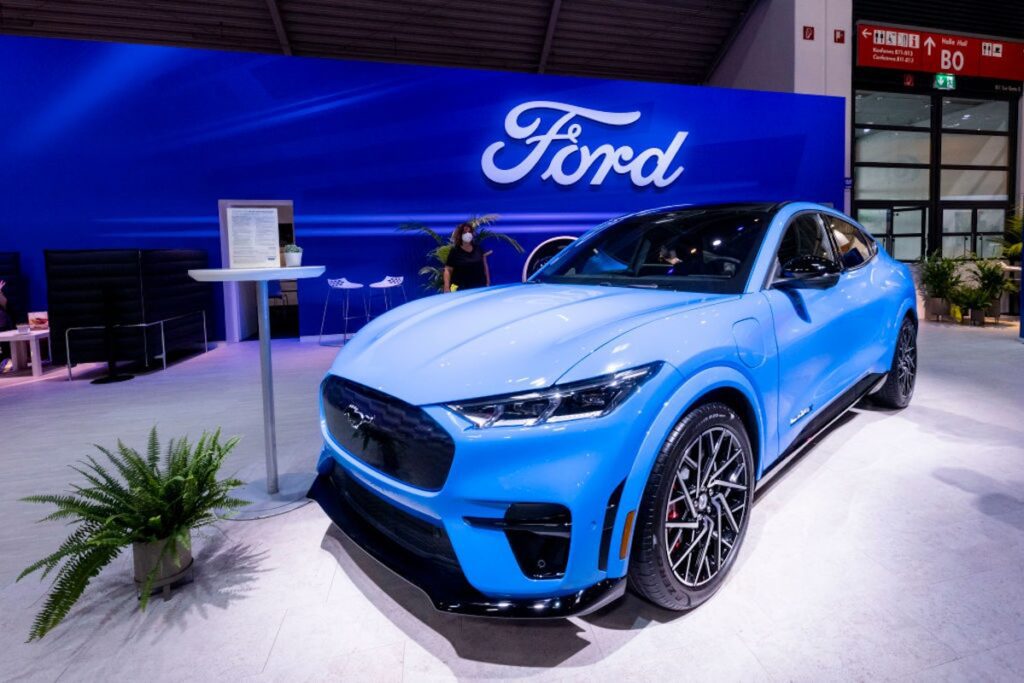Ford Motor Company is in dire straits due to immense losses incurred from its electric vehicle (EV) division, according to its latest earnings report. The company is set to lose an unprecedented $4.5 billion from its EV segment this year, which has already registered a loss of over $2.8 billion in the first two quarters of 2023 alone. The disappointing results were attributed to a lackluster pricing environment, costly investments, and lower sales caused by Tesla’s aggressive pricing strategy. The loss averages out to a staggering $32,000 per EV sold, reflecting poor management and a lack of foresight.
Ford Loses Billions On Electric Cars, Embraces Hybrids https://t.co/4l2ZodCKiP pic.twitter.com/xvKZA9VeRb
— Daily Wire News (@DailyWireNews) July 31, 2023
Ford’s ill-fated push to become a major EV manufacturer was a misguided effort that has pushed the company to the brink of disaster. The carmaker had aimed to manufacture 600,000 electric and hybrid cars this year, but those plans were abandoned, with the company now hoping to reach that target in 2024. The company may have to shift its focus from developing pure electric cars and focus instead on developing hybrids, which can operate on electricity and gasoline.
The hybrid models have been popular, especially with truck owners, who use the vehicles to power power tools and other heavy equipment on the job site. Ford’s F-150 hybrid trucks are selling well, with over 10% of buyers opting for the model. The company is listening to customers’ demands and developing hybrids that are more efficient for specific tasks and come equipped with advanced battery technology that is capable of powering other devices beyond the vehicle.


While the company is still committed to producing electric vehicles, it may take a long time to turn a profit, with experts estimating that a minimum of 100,000 sales are needed for each model. Meanwhile, Ford is touting a 39% increase in electric vehicle revenue while maintaining low prices relative to the competition.
The automobile industry, in general, is scrambling to adjust to the potential introduction of stricter government regulations that require more electric cars. Many carmakers are investing tens of billions of dollars in the hope of developing successful EV models. The Biden administration has proposed cutting emissions by 56% and aims to have 67% of new vehicles be electric by 2032, with the Department of Energy proposing regulations that will encourage automakers to prioritize electric vehicles. However, these rules have been criticized by some car makers, who fear that they could result in hundreds of billions of dollars in penalties by 2031.
In the meantime, Ford must re-evaluate its business strategies, invest in more efficient battery technology, and curb costs if it hopes to remain viable in the highly competitive automotive industry.



